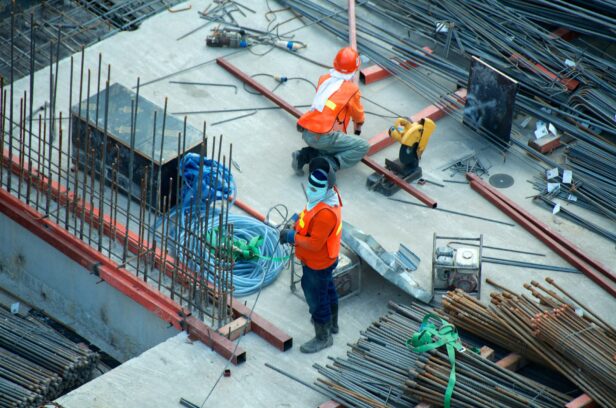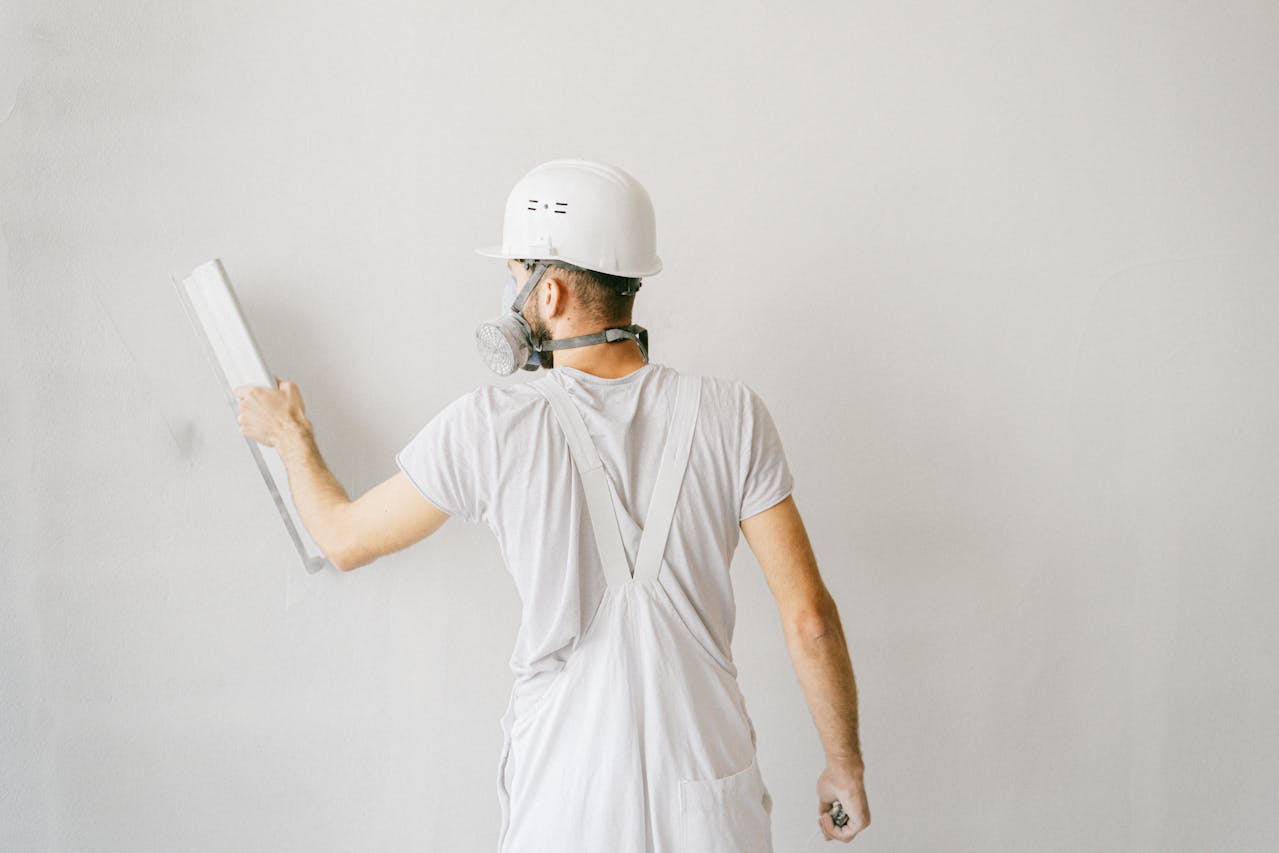Dallas commands attention across North Texas as construction cranes reshape the skyline from downtown to the suburbs. The city’s commercial construction market buzzes with activity from new office towers and shopping centers to industrial warehouses and healthcare facilities.
Finding the top Dallas commercial contractors becomes essential when project delivery timelines tighten and budgets demand precision. This process ensures your commercial construction stays on time and within budget while meeting local compliance standards that govern the North Texas market.
What Criteria Define A Top Dallas Commercial Contractor?
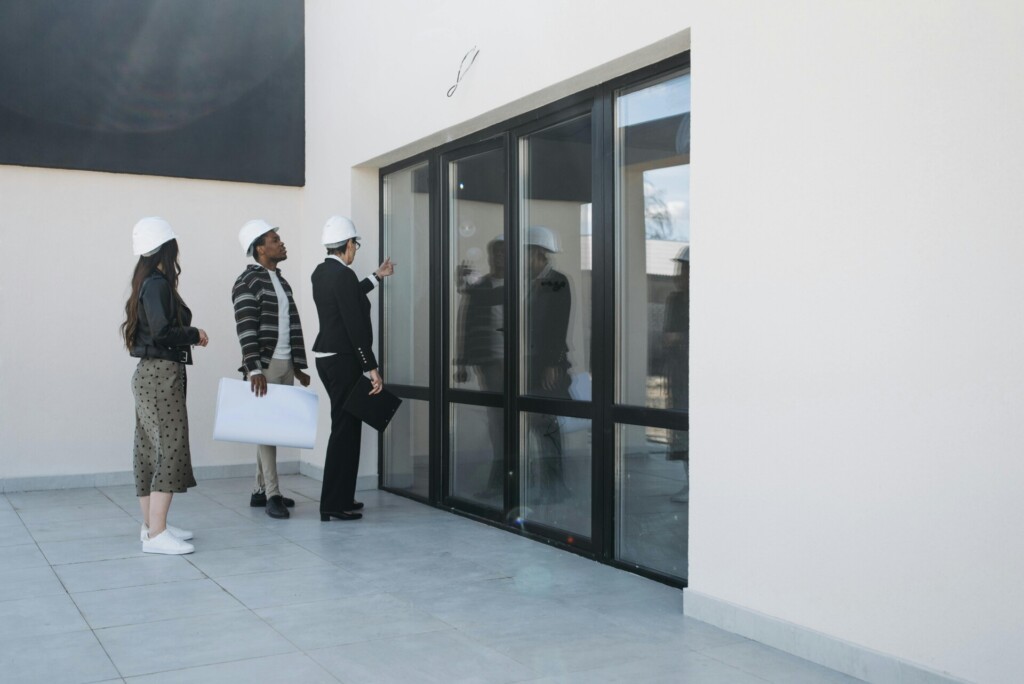
We evaluate commercial contractors using specific benchmarks that reflect Dallas market conditions and construction expertise. Local experience with Dallas building codes and zoning regulations forms the foundation of contractor competency. Climate familiarity matters equally, as contractors must understand how North Texas heat and soil conditions impact construction schedules and material choices.
Credential verification represents a non-negotiable requirement in contractor selection. Texas contractor licenses provide legal compliance and demonstrate basic qualifications. General liability insurance protects against property damage and bodily injury claims during construction. Workers’ compensation coverage ensures employee protection on job sites. Bonding adds financial security by guaranteeing project completion even if the contractor defaults.
Portfolio Alignment And Specialization Assessment
We match contractor specialization to specific project sectors including retail, healthcare, office buildings, industrial facilities, hospitality venues, and corporate interiors. Each sector requires distinct expertise in materials, systems, and regulatory compliance. Portfolio evaluation reveals actual performance in similar projects rather than general construction capabilities.
Client feedback through Google reviews and Better Business Bureau ratings provides insight into contractor reliability and problem resolution. Current ratings matter more than historical averages, as they reflect recent performance and operational changes. We look for patterns in feedback that indicate consistent communication, schedule adherence, and budget management.
Pricing Transparency And Communication Standards
Transparent pricing involves detailed cost breakdowns that specify materials, labor, and overhead components. Vague estimates often hide cost overruns or inferior materials. We expect contractors to explain pricing methodology and provide realistic timeline projections based on project complexity and permit requirements.
Strong communication during the project lifecycle includes regular progress updates, proactive issue notification, and accessible project management contacts. Quality control processes should include inspection schedules, material verification procedures, and compliance documentation. Safety practices encompass OSHA compliance, site safety protocols, and worker training programs.
Sustainability Capabilities And LEED Delivery
For projects with sustainability goals, contractors must demonstrate LEED certification experience and access to USGBC-informed practices. Green building delivery requires specialized knowledge of energy-efficient systems, sustainable materials, and environmental compliance documentation. We verify contractor experience with Dallas Green Building Program requirements and local sustainability incentives.
These criteria establish measurable standards for contractor evaluation. Documentation verification prevents misrepresentation and ensures contractor capabilities match project requirements.
How Should You Review Portfolios And Services For Fit?
Aligning contractor capabilities with your project requirements goes beyond surface-level matching. We start by examining service offerings against our specific project scope, then assess market-sector experience through documented case studies and workmanship verification. A methodical approach to portfolio review ensures the contractor we select has both the technical expertise and proven track record for successful delivery.
Service Alignment Assessment
Construction services vary significantly in complexity and execution approach. Pre-construction services include feasibility studies, permitting assistance, and early cost estimates that help define project parameters before ground breaks. Design-build delivery integrates design and construction under one contract, streamlining decision-making and potentially reducing project timelines.
Construction management and project management services differ in scope and responsibility levels. Construction management typically involves overseeing trade coordination, schedule management, and quality control while the owner maintains separate contracts with design professionals. Project management encompasses broader oversight including design coordination, regulatory compliance, and stakeholder communication throughout the entire development process.
Tenant improvement work requires specialized knowledge of existing building systems, code compliance for occupied structures, and coordination with property management teams. Special projects might include historic renovations, sustainable building certifications, or complex mechanical system installations that demand specific technical expertise and vendor relationships.
Market Sector Experience Evaluation
Healthcare construction demands understanding of infection control protocols, medical equipment integration, and specialized ventilation requirements that differ significantly from standard commercial work. Office projects involve different considerations around technology infrastructure, flexible space planning, and HVAC systems designed for varying occupancy levels.
Retail construction requires expertise in storefront systems, customer traffic flow, and coordination with multiple tenant buildouts in shopping centers or mixed-use developments. Industrial projects focus on structural capacity for heavy equipment, specialized utilities, and compliance with manufacturing or distribution-specific regulations.
Hospitality construction involves complex MEP coordination, fire safety systems, and finishes that withstand high-traffic use. Corporate interiors require understanding of workplace design trends, technology integration, and phased construction in occupied buildings to minimize business disruption.
Site Visit Documentation Process
Completed project visits provide direct evidence of workmanship quality and construction methods. We examine finish details, observe how mechanical systems are integrated, and assess overall attention to detail in areas both visible and concealed. Photography during site visits helps compare quality levels across different contractors under consideration.
Schedule adherence becomes evident through project delivery dates compared to original timelines. We ask about weather delays, change order impacts, and how the contractor managed unforeseen conditions. Budget control assessment includes reviewing final costs against initial estimates and understanding how cost changes were communicated and approved throughout the project.
Case studies should include specific challenges encountered and solutions implemented. We look for examples that demonstrate problem-solving capabilities, client communication during difficult periods, and ability to maintain quality under pressure. Documentation of lessons learned and process improvements shows commitment to continuous improvement.
Project close-out procedures reveal contractor commitment to client satisfaction beyond substantial completion. We evaluate warranty support responsiveness, quality of as-built documentation, and training provided to facility management teams. Clear close-out processes indicate professional project management and attention to long-term client relationships.
What Dallas-Specific Factors Should Guide Your Choice?
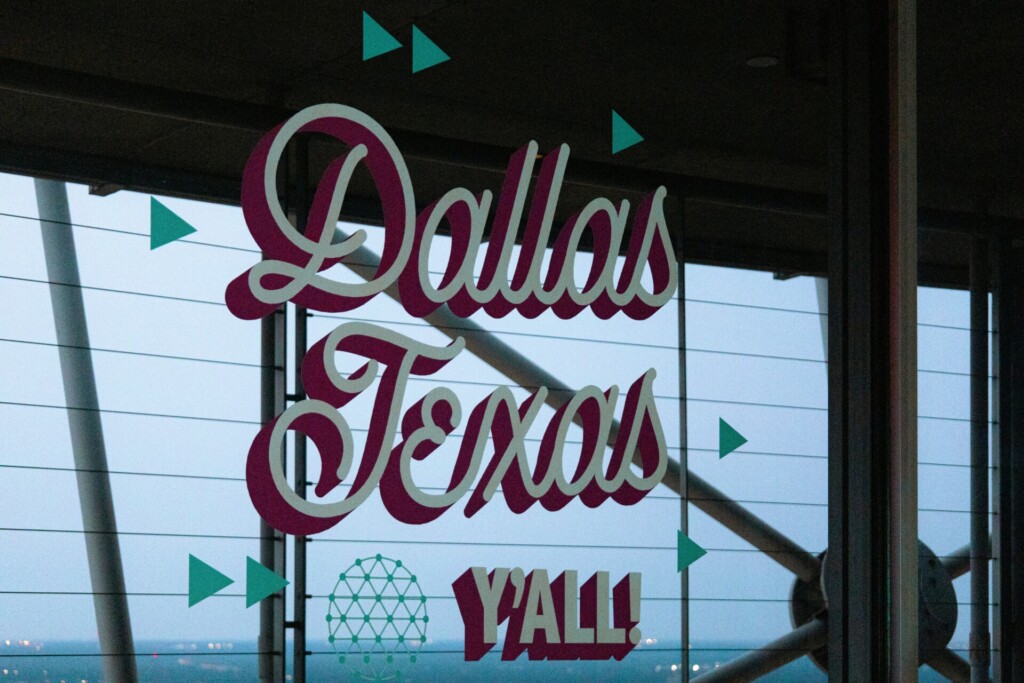
Selecting a commercial contractor in Dallas requires understanding the city’s unique environmental challenges and regulatory landscape. The North Texas climate and local soil conditions create specific construction risks that experienced contractors must address proactively. These factors directly impact project schedules, foundation integrity, and long-term building performance.
Expansive Clay Soils and Foundation Considerations
Dallas sits on expansive clay soils that pose significant challenges for foundation movement and structural stability. These soils expand and contract dramatically with moisture changes, creating stress on concrete structures and potential foundation settlement issues. Experienced contractors demonstrate their expertise by implementing proper site preparation techniques, selecting appropriate subbase materials, and strategically placing expansion joints to accommodate ground movement without structural failure.
We look for contractors who understand the region’s soil conditions and incorporate specialized foundation systems accordingly. This includes knowledge of pier and beam foundations, post-tensioned slabs, and proper drainage systems that minimize soil moisture fluctuations around building perimeters.
Summer Heat and Weather-Delay Management
Dallas experiences intense summer heat that regularly exceeds 100°F, creating scheduling challenges for concrete work and other temperature-sensitive construction activities. Contractors must demonstrate proactive weather-delay strategies, including early morning concrete pours, specialized mix designs with retarding admixtures, and enhanced curing protocols to prevent rapid drying and surface cracking.
Effective contractors maintain flexible scheduling approaches that account for seasonal limitations while keeping projects on track. This includes contingency plans for extreme weather events and the ability to adjust work sequences when heat or severe weather threatens construction quality.
Dallas Green Building Program and Permitting Expertise
The Dallas Green Building Program requires compliance with specific environmental standards for new construction and major renovations. Contractors must demonstrate familiarity with the program’s requirements, including third-party green provider relationships and documentation processes for green code compliance.
Local permitting knowledge extends beyond green building requirements to include the city’s digital submission protocols and inspection scheduling procedures. Contractors experienced with Dallas’s permitting process can navigate the Development Services Department efficiently, avoiding delays that cost time and money.
LEED and Sustainability Capabilities
For projects with sustainability goals, contractors should provide access to LEED-accredited teams and demonstrate understanding of USGBC practices. This includes experience with sustainable material sourcing, waste management protocols, and energy-efficient building systems that perform effectively in North Texas climate conditions.
We verify that contractors have established relationships with LEED Accredited Professionals and can coordinate the documentation requirements throughout the construction process. This coordination is essential for achieving certification while maintaining construction schedules and budgets.
What Step-By-Step Process Helps Shortlist And Select?
We approach contractor selection with a systematic eight-step process that reduces risk while maintaining project timelines and budgets. This methodology filters candidates effectively and creates clear evaluation benchmarks for property owners and developers in Dallas.
Define Project Parameters First
Start with a detailed scope definition that includes project type, square footage, budget range, timeline, and any sustainability requirements. Specify whether you need retail buildout, office construction, industrial development, or mixed-use facilities. Document LEED certification goals or Dallas Green Building Program compliance early.
Clear parameters prevent scope creep during the selection process. We use this foundation to evaluate contractor capabilities against actual project needs rather than general qualifications.
Research Dallas Market Contractors
Focus research on contractors with North Texas experience through industry organizations like Associated General Contractors of America and local construction associations. Use rating platforms that display current Google reviews, BBB ratings, and recent project awards.
Target searches by project type and geographic focus within the Dallas market. Contractors familiar with local permitting processes and climate challenges deliver more predictable results than those learning the market.
Verify Credentials Through Official Channels
Confirm Texas contractor licenses, general liability insurance, workers’ compensation coverage, and bonding capacity through state and insurance documentation. Request current certificates directly from providers rather than copies from contractors.
Document verification protects against coverage gaps that could halt construction. We require proof of financial stability through bonding companies that can support project values and timelines.
Examine Portfolios With Site Visits
Review completed projects that match your sector and complexity level. Schedule site visits to assess workmanship quality, attention to detail, and long-term performance. Ask facility managers about contractor communication and schedule adherence during construction.
Site visits reveal construction quality that photos cannot show. Look for clean finishes, proper installation details, and evidence of proactive problem-solving during the build process.
Contact References For Performance Data
Speak with project owners about on-time delivery, budget accuracy, and communication cadence during construction. Ask specific questions about change order management, weather delay responses, and close-out processes.
References provide insight into contractor behavior under pressure. Focus on recent projects within the last two years to ensure current team capabilities and processes.
Compare Detailed Bid Proposals
Request itemized estimates from at least three qualified contractors showing labor, materials, equipment, and overhead breakdowns. Look for realistic milestones, phased payment schedules, and clear scope boundaries. Avoid contractors proposing vague costs, unrealistic deadlines, or demanding large upfront payments.
Quality bids demonstrate thorough project understanding and risk assessment. Red flags include estimates significantly below market rates, missing line items, or payment terms that shift risk entirely to the owner.
Assess Communication And Project Culture
Evaluate how contractors present information, respond to questions, and handle project coordination during the bidding process. Look for clear update protocols, transparent reporting methods, and collaborative problem-solving approaches.
Communication patterns during selection predict project management quality. Contractors who provide detailed responses and proactive updates typically maintain this standard throughout construction.
Review Contract Terms Carefully
Examine scope definitions, payment schedules, change order procedures, and warranty provisions in proposed contracts. Ensure payment terms align with project milestones and cash flow requirements. Clarify responsibilities for permits, inspections, and regulatory compliance.
Contract review prevents disputes during construction by establishing clear expectations upfront. We recommend legal review for projects exceeding $500,000 or those with complex scope requirements. Typical Dallas commercial projects range from 6-12 months for small retail spaces to 1-2 years for large office developments, with costs varying from $80-200 per square foot for warehouses to $150-400 per square foot for office construction.
Conclusion and Next Steps
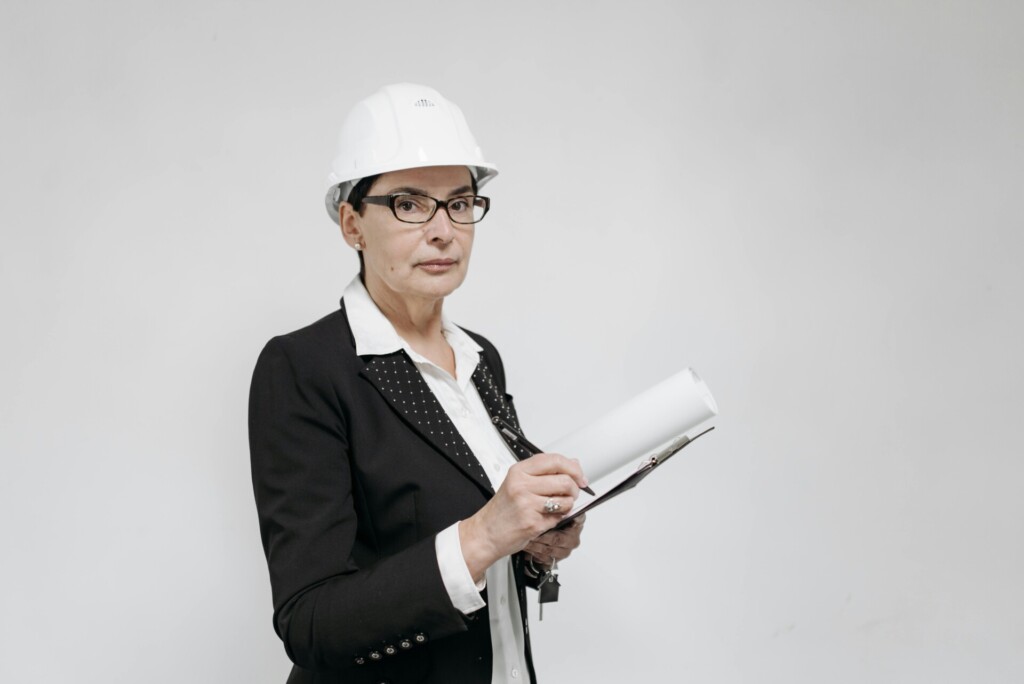
Finding the top Dallas commercial contractors requires a systematic approach that balances thoroughness with efficiency. We’ve seen how clear scope definition, rigorous verification of credentials, and deep local expertise form the foundation of successful contractor selection. The process demands attention to Dallas-specific challenges like expansive clay soils and summer heat while ensuring contractors demonstrate proven experience with North Texas conditions and permitting requirements.
Your immediate action items should focus on execution and momentum. Start by finalizing your project scope with specific details on size, timeline, budget parameters, and any sustainability requirements. Build your Dallas contractor shortlist through targeted research using industry associations and rating platforms that emphasize current performance metrics. Verify each candidate’s Texas licensing, general liability insurance, and bonding through official channels before moving forward. Schedule site tours to assess workmanship quality and ask pointed questions about schedule adherence and budget control on similar projects.
Ready to move forward with confidence in your Dallas commercial construction project? Contact EB3 Construction to discuss how we can bring your vision to life with proven local expertise and transparent project delivery.

